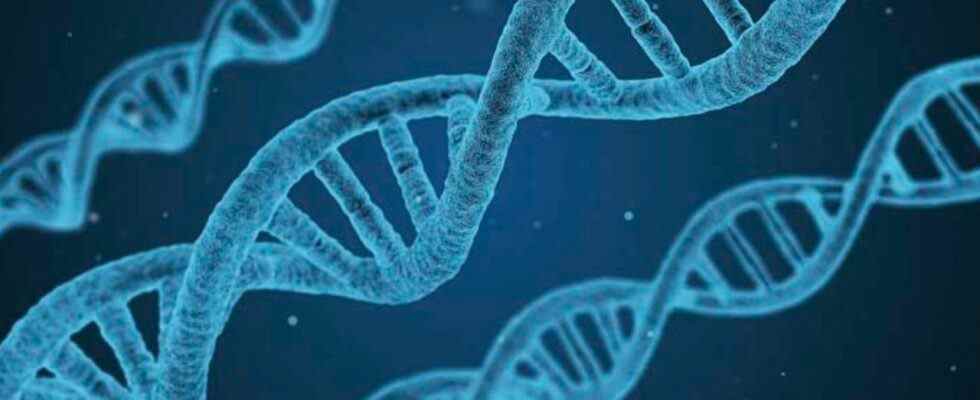Scientists have announced that they have performed the most complete human genome sequencing ever, according to their statement. In the Human Genome Project, which began in 1990 and ended in 2003, scientists succeeded in sequencing only 92% of the human genome. The remaining 8%, or 200 million DNA, has been in limbo for years.
Now, the team of 100 scientists has completely sequenced 99.9% of the human genome. The scientists shared that they left only 10 million unidentified DNA behind with their Twitter account and that they had solved a part of the Y chromosome. So, what do these results mean and what will their functions in the medical field be? Let’s take a look at the details of the news together.
They compared DNA sequencing to a jigsaw puzzle!
University of Washington research leader Evan Eichler likened the DNA sequence to a puzzle piece. Eichler explained that the older tools sequenced only small sections of DNA at a time, while the new tools sequenced longer sections of DNA.

In the project, they first sent sperm to an egg that did not have a chromosome set, and after failed fertilization, they sequenced one DNA sequence instead of two, the scientists said. This sequencing made things less complicated, then they completed the centromere region using a technique called Oxford Nanpore. Most recently, they completed the ranking with another technique called PacBio HiFi, which gives an accuracy of 99.9%.

Evan Eichler said the newly emerged genes will help ward off plague and viruses and contain information that makes the human brain larger than other primates. Additionally, he made the following statement about human genome sequencing:
“Having this complete information will allow us to better understand how we formed as an individual organism and how we differ not only among other humans but among other species.”

One of the scientists in the study, Adam Phillippy, said that sequencing the individual genome would cost up to $1,000 in ten years, helping doctors administer tailored treatment to patients. It has been announced that research studies cost several million dollars, but it will become more affordable with the development of technology.
What do you, our readers, think about this issue? What effect do you think these scientific developments will have on our lives? You can express your thoughts in the comments section or on the SDN Forum.
